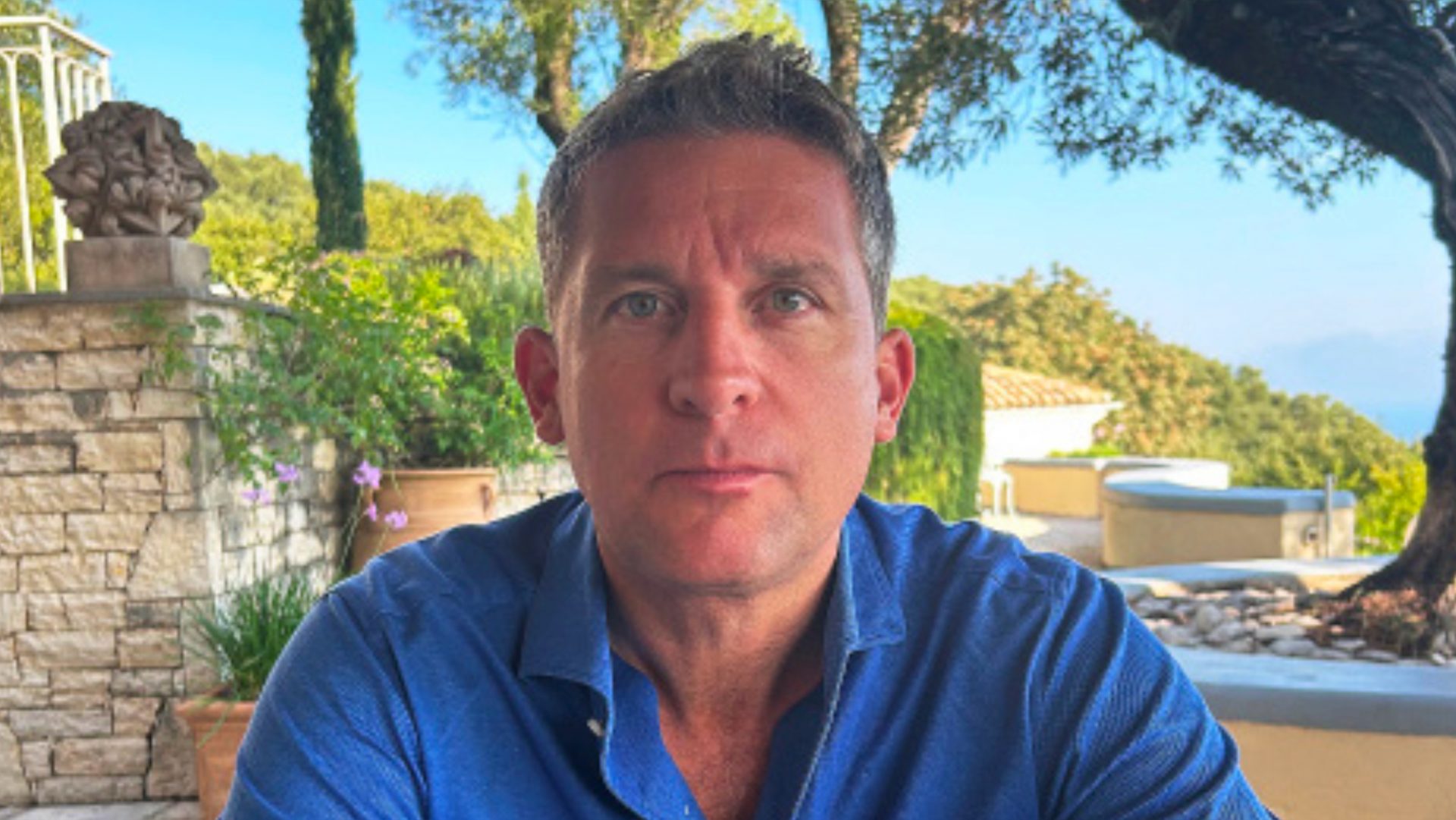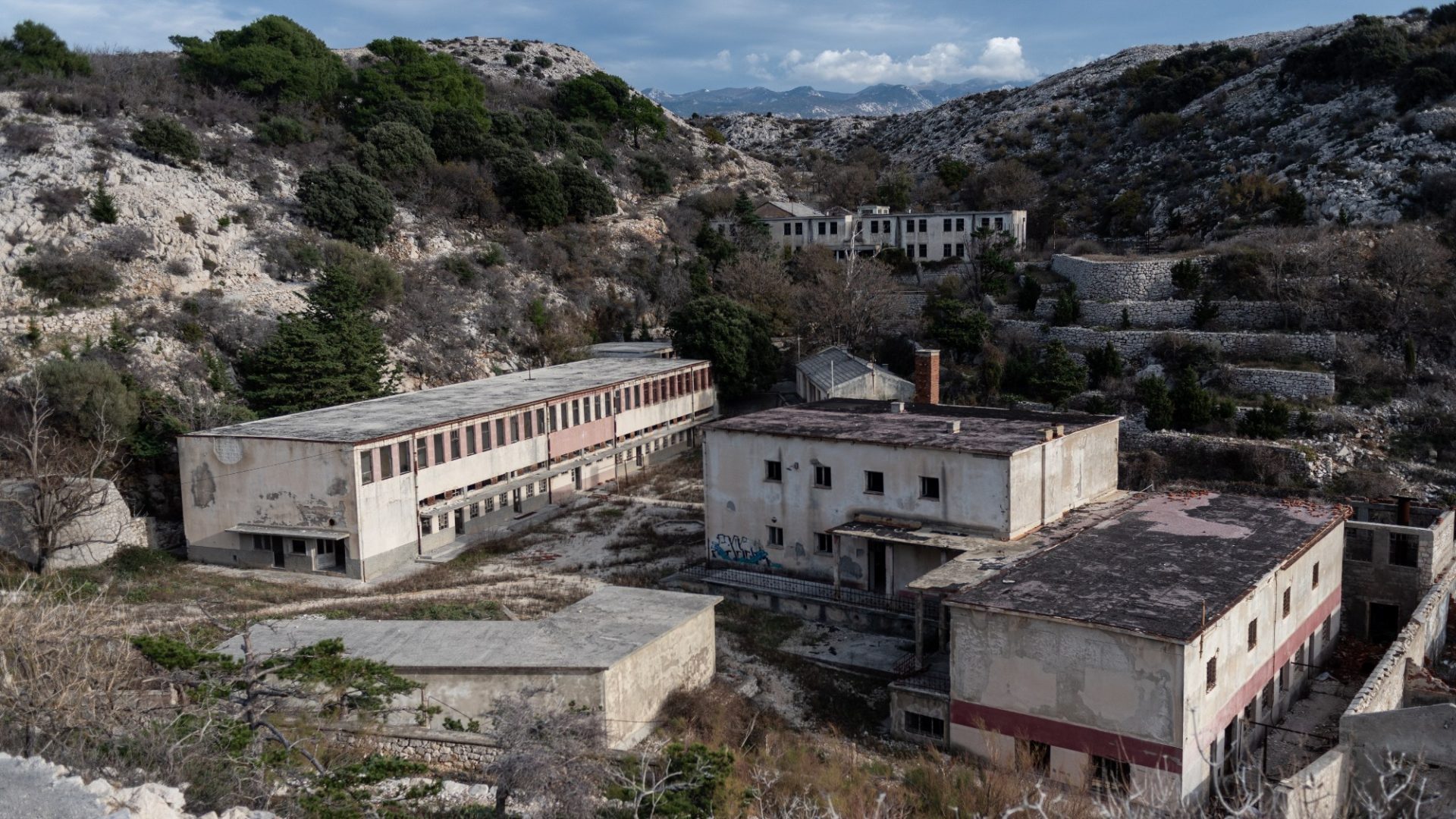I loved James Ball’s piece about James Timpson (“Is this the best boss in Britain?”, TNE #380). I asked the same question at the start of lockdown in early 2020, when Timpson was interviewed about the government help for employers to retain staff unable to work with a subsidy of 70% of wages.
Timpson was asked if he would use this and then make his staff’s wages up to 100%. His reply? “It hadn’t occurred to me not to.”
A breath of fresh air, in contrast with the drive to make as much profit as possible that seems to be the fashion nowadays.
Pat Brandwood
Poole, Dorset

Hit and myths
It has been said that we only destroy myths in order to create new ones. This is precisely what Jonty Bloom has done in “Hunt’s migrant myths” (TNE #380). The figures he gives in claiming that “higher migration is good for the British economy” only work, as the UN has laid out, if this is a perfectly working infinite economy where all migrants are highly skilled.
But that isn’t the case, it is more of a Ponzi scheme where low-skilled, low-wage, low-productivity workers pay for the ageing population now but where for themselves – the UN again – “the present value of the pension benefit exceeds their pension contributions”. The only way then is endless increased migration.
It might be argued, then, that we should only take high-skilled migrants, but is it really ethical to take doctors and other health practitioners from countries such as Jamaica, which because of migration are now suffering a health crisis?
Even more damning is Bloom’s total denial of environmental concerns. Office for National Statistics figures project a UK population of 69.3 million in 2030 and 73.7 million in 2036, making England the most densely populated country in Europe at 434 people per square kilometre.
As report after report has concluded, we already have the worst wildlife diversity in Europe, and these figures will be catastrophic in terms of land for animals as the Labour government bulldozes its way across the country. But Bloom wants to encourage “more immigration”.
Stephen Dorril
Netherthong, West Yorkshire
MAGA vice
Re: Matthew d’Ancona’s “Trump may yet be defeated but his MAGA is here to stay” (TNE #380). So much of the GOP-MAGA vote appears, from here, to be based on: “We don’t want you to have that.”
Yet the wealthy MAGA voters whose daughters need an abortion, or whose wives or husbands have LGBTQ+ affairs can simply spend their dollars travelling to either liberal states or Puerto Rico/Canada/Europe for their abortions or their “vice”.
Em Jackson
Swashbuckle
I was thrilled to see Horst Buchholz featured in Great European Lives (TNE #378) and the subsequent letters about him (#379-#380). As a teenager, he was my idol in The Magnificent Seven and Tiger Bay.
My friends and I couldn’t pronounce his name so we called him Horace Buckle! Thank you, so lovely to see him again in your paper.
Jean Walsh
Mill Hill, London
Charlie Connelly’s Great Life of Horst Buchholz perhaps gets close to the issue of why he never became a bigger star. Charlie mentions Buchholz starring in James Cagney’s last movie, but not that Buchholz treated the great man badly during filming, even after a dressing-down from Billy Wilder for doing so.
Between them, Cagney and Wilder must have had a lot of friends in Hollywood. No wonder Horst rarely worked there again.
Carrie Rourke
Fear factor
Re: Nigel Warburton on superstition (TNE #380). Such antics as throwing a coin over your shoulder for good luck are individual quirks. But he fails to mention a much wider superstition, one evidently sanctioned by local authorities or building contractors – the omission of a number 13 dwelling in many residential roads.
I used to live in a No 15, because there was no No 13 on my road. And when, for a brief period, I did some agency postal rounds, I was surprised by the number of roads of modern houses where the same superstition applied. Are there really people who are frightened of living in a house because of its number?
I would love to know if this peculiarity exists in other European countries.
Christopher Ralls
On a tour of Los Angeles some years ago, I visited the former home of Ronald Reagan at 668 St Cloud Road, Bel Air. It had been No 666 until the superstitious/religious Nancy petitioned the local authority to let her change it – Editor
Booze border
Is not Mick O’Hare’s description (Carousel, TNE #380) that of English rather than British drinking? It is many decades since I regularly visited Scottish pubs but my (admittedly hazy) recollections are of sedentary (no, not horizontal) rather than vertical drinking.
Rory Cunningham
Museum peace
Like Ferry Biedermann (Carousel, TNE #380), I lost many family members in the Holocaust. But each of us affected by that atrocity processes it differently.
For my part, when the Holocaust Museum opened in Amsterdam recently, I would have liked to be outside, protesting with my fellow anti-Zionist Jews in the organisation Erev Rav. To me, it was an obscenity that the Israeli president, Isaac Herzog, was invited to address the inauguration ceremony. My interpretation of “Never Again” is that nobody should be subjected to what Jews went through. Nobody.
Like Erev Rav, I do not object to the museum itself, and I applaud the presence there of the monument to the Dutch resistance and to civilians who rescued Jewish children. Those people risked execution; they should serve as beacons to posterity.
To me, unlike Ferry – who feels the museum fails to convey the horror of the Nazi death machine – the potential role of ordinary citizens in preventing, or at least mitigating, barbarism is key to any memorialisation of our darkest times. Once more, those times are with us.
Vera Lustig
Walton-on-Thames, Surrey
UN advice
James Montgomery (Letters, TNE #380) asks “how do you fight Hamas?” and suggests, sarcastically, “complain to the UN?” Israel has the UN to thank for its very foundation and yet the state has simply ignored 45 UN resolutions, critical of their actions, since then.
If Israel had followed UN “advice” over the years there would be no Hamas to fight today. James Montgomery’s question wouldn’t arise.
Who can persuade Israel to re-settle the 700,000 settlers on the West Bank and bring about a two-state solution?
Keith Tunstall
I must agree with Donatella Landin (Letters, TNE #379), who criticises the “view of this country as a contending power in the world of powers, not carrying anything but its century-old ambition for domination”.
What other explanation is there for the fact we built not one but two aircraft carriers? The Ministry of Defence is stuck in 1938.
Charles Cronin
London SW11
Fascist fashion
Jason Solomons’ “Prejudice is back in fashion” (TNE #379), about the rehabilitation of John Galliano, is one of the angriest best things I have read in the New European.
Fourteen years feels to me like a relatively short time for someone who said such hateful things to be allowed to return to the top of their profession. Of course, if he’d given money to the Tories it would have been even faster (and he’d be Lord Galliano by now).
Anna Corbett
Brixton, London
Self image
Now that Will Self is swanning around in his djellaba and thobe (Multicultural Man, TNE #379), please could the portrait on the back page be updated to reflect his change of attire?
Graham Heap
Lewes, East Sussex
Marshall plan
Although James Ball’s incisive examination of right wing billionaire Sir Paul Marshall’s deeply troubling media influence is both timely and welcome, I fear he is too forgiving when he refers to Marshall’s academy empire, Ark Schools, as a “generally uncontroversial” cause (TNE #379, “Creature of the right”).
The 2022 Ofsted report on one Ark school in Birmingham, which was found to be inadequate, stated that some pupils, particularly those who identified as LGBT, experienced “repeated name-calling and prejudiced behaviour” and therefore did “not feel safe in the school”. It is tempting to speculate that the offending pupils, or their parents, were regular viewers of Marshall’s GB News.
It beggars belief that we tolerate an education system – academisation – that opens the door of opportunity all too eagerly to a politically motivated, wealthy man like Marshall and gives him a considerable degree of influence in shaping the education of children – in his case, around 30,000 of them.
Can the co-owner of GB News really be a fit and proper person to chair a multi-academy trust that is responsible for 39 schools?
David Head
Peterborough, Cambs
Sámi life
Florence Hallett’s “Against the herd” (TNE #379) on Sámi artist Outi Pieski and the exhibition of her art in Tate St Ives reminded me of the Sámi artist Britta Marakatt-Labba. Her exhibition at Birmingham’s Ikon Gallery in 2022 of delicate embroideries of harrowing events in the history of repression and suppression of Sámi life and culture was one of the highlights of that year.
Protecting Sámi art and culture, and way of life, deserves to be an EU priority.
Rosi Edwards
Birmingham, West Midlands
Votes lost
Letters from Mick O’Hare (TNE #379) and Jonathan H Hunn (TNE #377) highlight the deficiency in our first-past-the-post electoral system that allows a government to be elected on a minority of votes.
According to Tim Shipman’s book All Out War, the Tories were able to win the 2015 general election by micro-targeting just 200,000 swing voters in 100 marginal constituencies. This is reminiscent of what happened before the 1832 Reform Act. That rotten boroughs existed for so long was due to their defence by successive Tory governments that they helped to return.
Britain seems to have gone backwards, with the outcome of our general elections typically being determined by just a minority of voters. Yet again, reform is long overdue.
Roger Hinds
Euro Tories?
Do any Tories read the New European? I’m a Labour person, but I’ve always cherished the fact that so many Conservatives share my pro-European stance. Perhaps understandably, but a bit sadly, this does not show in TNE.
PS: Thanks always for Charlie Connelly… and all the others.
Anne Page
Photoshock
The most shocking thing about “that” photograph is that I didn’t know there were three children.
David Pollard
Heckmondwike, Yorkshire

Fake news
When I go to my local supermarket I can’t help reading the newspaper headlines with some incredulity. Last week, the Daily Express headline following the budget was “Britain ready for take-off”, and on the following day they went with “Brexit is a great British success story worth billions”. Am I missing something?
Colin Hayward
Fareham, Hants



